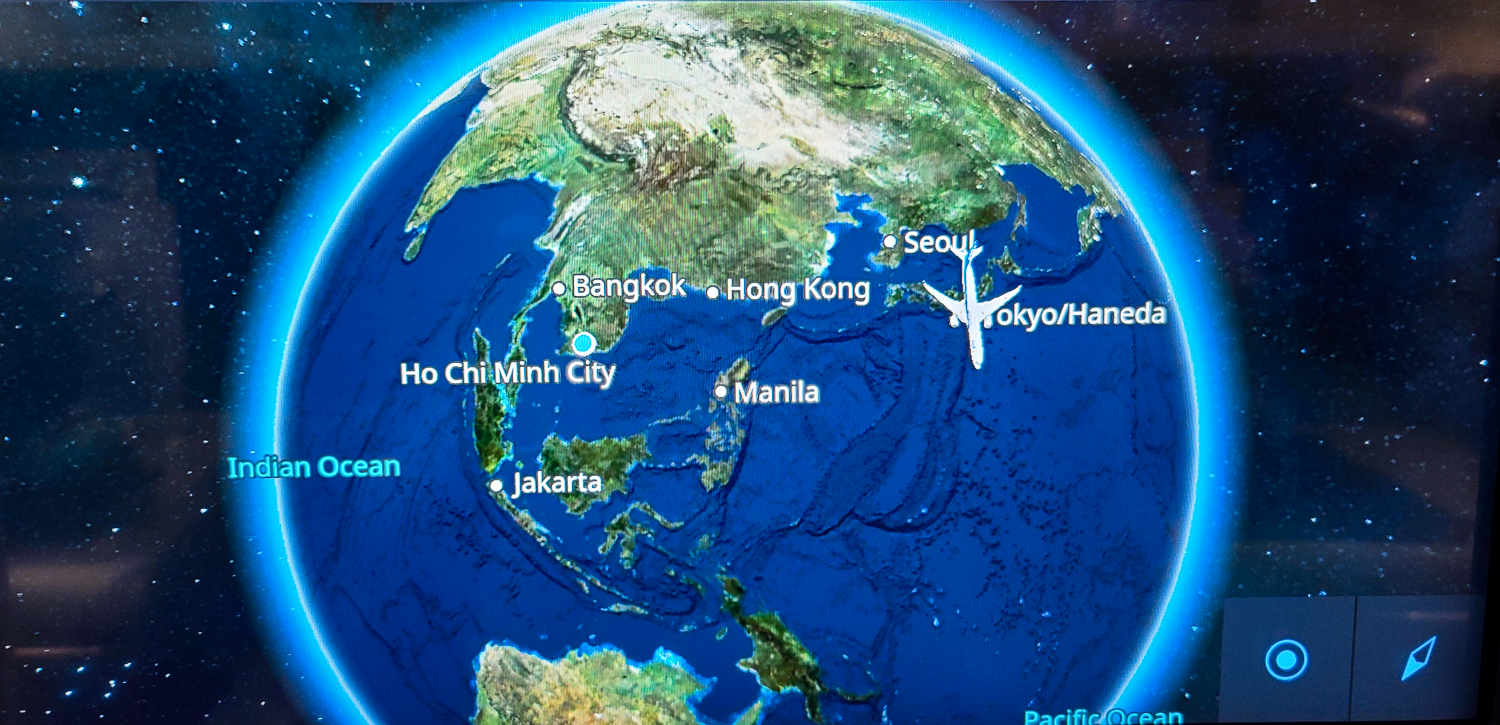
Home » DAY 25 – Hobart’s Bonerong Wildlife Park
Home » DAY 25 – Hobart’s Bonerong Wildlife Park
The last day for me to be in Tasmania! We took it easy in the morning and after an early lunch we went to Bonerong Wildlife Park (the name Bonorong originates from an Aboriginal word meaning “native companion”). Bonorong is a Sanctuary for wildlife run by a small social enterprise focused on addressing problems in Tasmania’s environment and communities. Their mission is to rescue animals in distress. Currently, the Sanctuary has over 1,000 Rescuers around Tasmania who volunteer their time to respond to callouts for injured and orphaned wildlife.
This small park allowed us to get almost face to face with animals that became extinct long ago in other parts of Australia — but still protected in Tasmania – and very difficult to see in the wilderness. At last, we were able to see some animals that we didn’t get to see during our month-long stay in Tasmania.
The Tasman Devil
The Tasmanian devil is the world’s largest surviving carnivorous marsupial. Tasmanian Devils are wholly protected under various threatened species protection acts. Devils are widespread across Tasmania from the coast to the mountains seeking out any areas where they can hide, shelter, and find food. These include coastal heaths, open dry sclerophyll (Eucalypt) forests and mixed sclerophyll-rainforest.
When Tasmanian Devils feel threatened, they do strange yawns that look quite fierce (he/she certainly didn’t like having his/her picture taken). In reality, Devils are shy, timid and not dangerous to people unless attacked or trapped. Their fierce yawns are actually more a display of fear and anxiety than aggression.
Photo gallery of the Tasmanian Devil
The Echidna
The Short-beaked Echidna is the only species of echidna in Australia. It is recognized by its sharp spines, short legs, and long snout. The Short-beaked Echidna lives in forests and woodlands, heath, grasslands, and arid environments. When echidnas encounter a larger animal or face danger, they hide in piles of leaves or grasses or crawl into underground burrows.
The Birds
Photo gallery of the various birds we saw
Other Animals
A White Wallaby, a Tiger Snake, Kangaroos… oh my!
Back to Jess and Alex’s house, I got busy packing my suitcases, ready to fly back to the US tomorrow.
TOTAL NUMBER OF MILES DRIVEN = 25 miles (41 km)
TOTAL NUMBER OF MILES WALKED = 1.5 miles (1.6 km)

© 2022 Voyage bien. All Rights Reserved
Website development – Profit Web Ideas